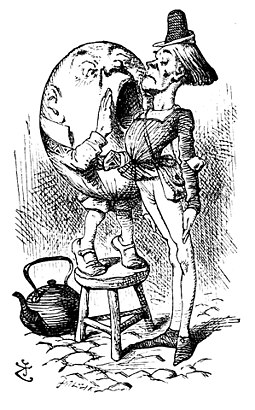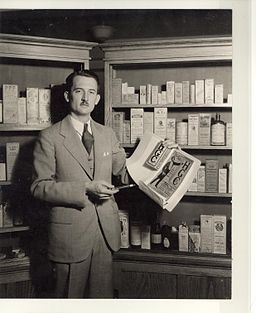There’s a Term for That
“Phubbing” is a portmanteau made up of “phone” and “snubbing”, and it describes the act of looking at one’s phone (presumably a smartphone) in order to avoid interaction with another person. It’s nearly always a rude action, and it can be dismissive and disrespectful when the phubber employs it to imply that whatever might be displayed on the phone’s screen is more interesting than the person in front of him or her. It’s a term that didn’t exist – and couldn’t have existed – before smartphones became ubiquitous.

Detail of The Meeting Place, a 2008 high relief sculpture by Paul Day, on the concourse of St. Pancras train station in London, England. Photo by Patrice78500.
And then there is the matter of white privilege. African-Americans understand the concept of white privilege because they have to cope with its consequences throughout their lives. Most Caucasian-Americans do not grasp the concept because they swim in the currents of white privilege every day. It is the medium that envelopes them, and they cannot see how it protects them from the same dangers and insecurities faced by their African-American neighbors.
For example, say a white man is out jogging through a largely black neighborhood. This particular neighborhood is undergoing gentrification, by which everyone understands houses owned or rented by mostly poor blacks are being bought up cheaply by better off whites and then inhabited by them. The white jogger is new to the neighborhood, part of an influx of people who can afford nice things, and whose clothes generally reflect their status. But most folks would give this jogger a pass even if he wore old clothes with holes and tears for his exercise. No one in the neighborhood, black or white, suspects the white jogger is up to anything other than jogging.
Carl Reiner and Mel Brooks discuss the origins of some concepts in this clip from a portion of their ever changing 2000 Year Old Man improvisational comedy routine. This 1967 appearance is from the television program The Colgate Comedy Hour. Comedian Dick Shawn introduced them. R.I.P., Carl Reiner (1922-2020).
Now take the same circumstances and flip them 180 degrees, with a black man jogging through a largely white neighborhood. The black man lives in the neighborhood, and thus people don’t consider he has any gentrifying influence, no matter whether the neighborhood is working class or upper middle class. The black jogger wears neither very good nor very bad clothes for his exercise. All other factors being neutral, he’s just a black man out for a run through a white neighborhood. Think about what might happen. The black jogger does, all the time. The white jogger in the other neighborhood, he never has to consider the possibility of something bad happening to him, simply because of who he is. That’s white privilege.
— Techly 













